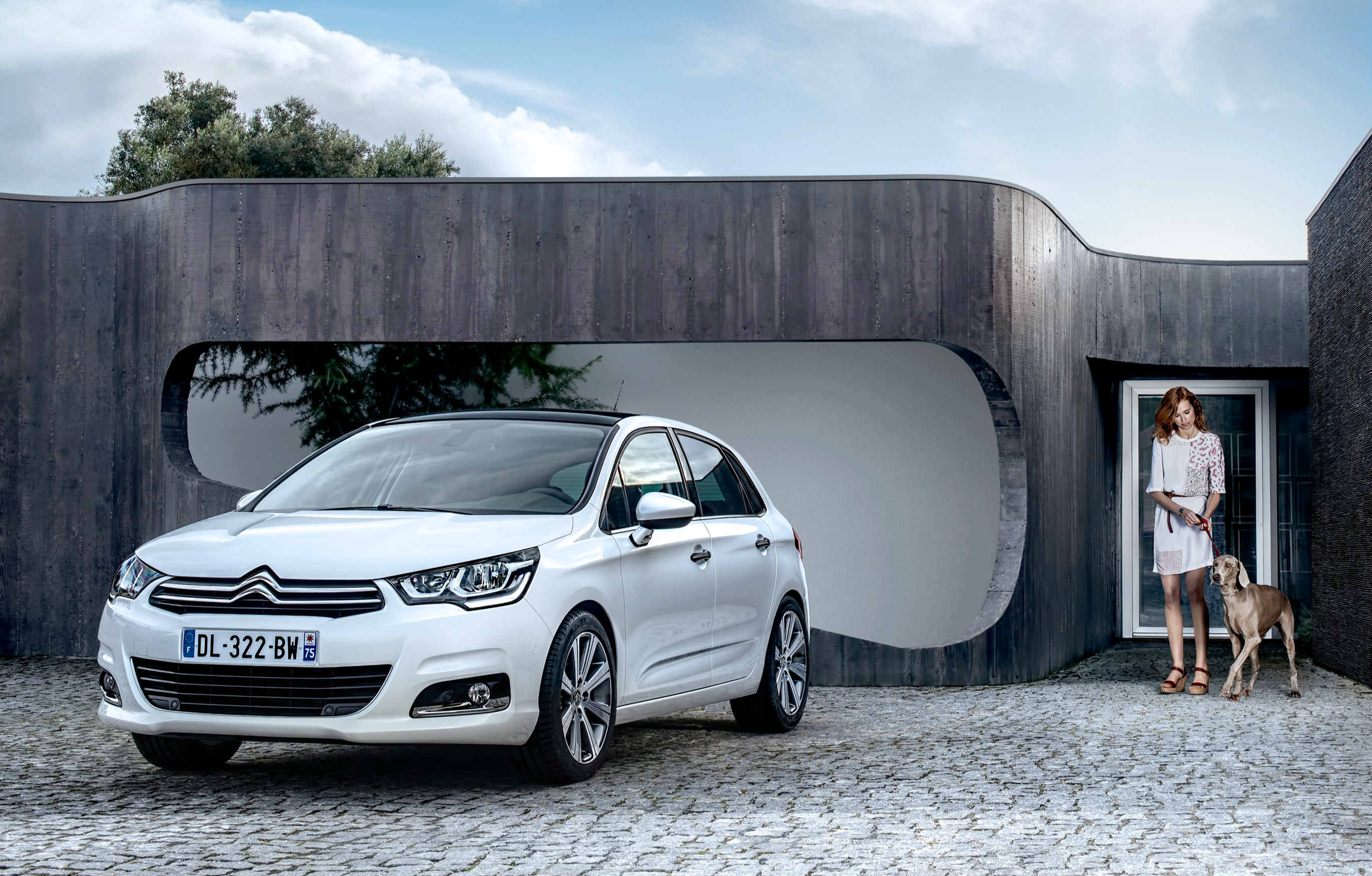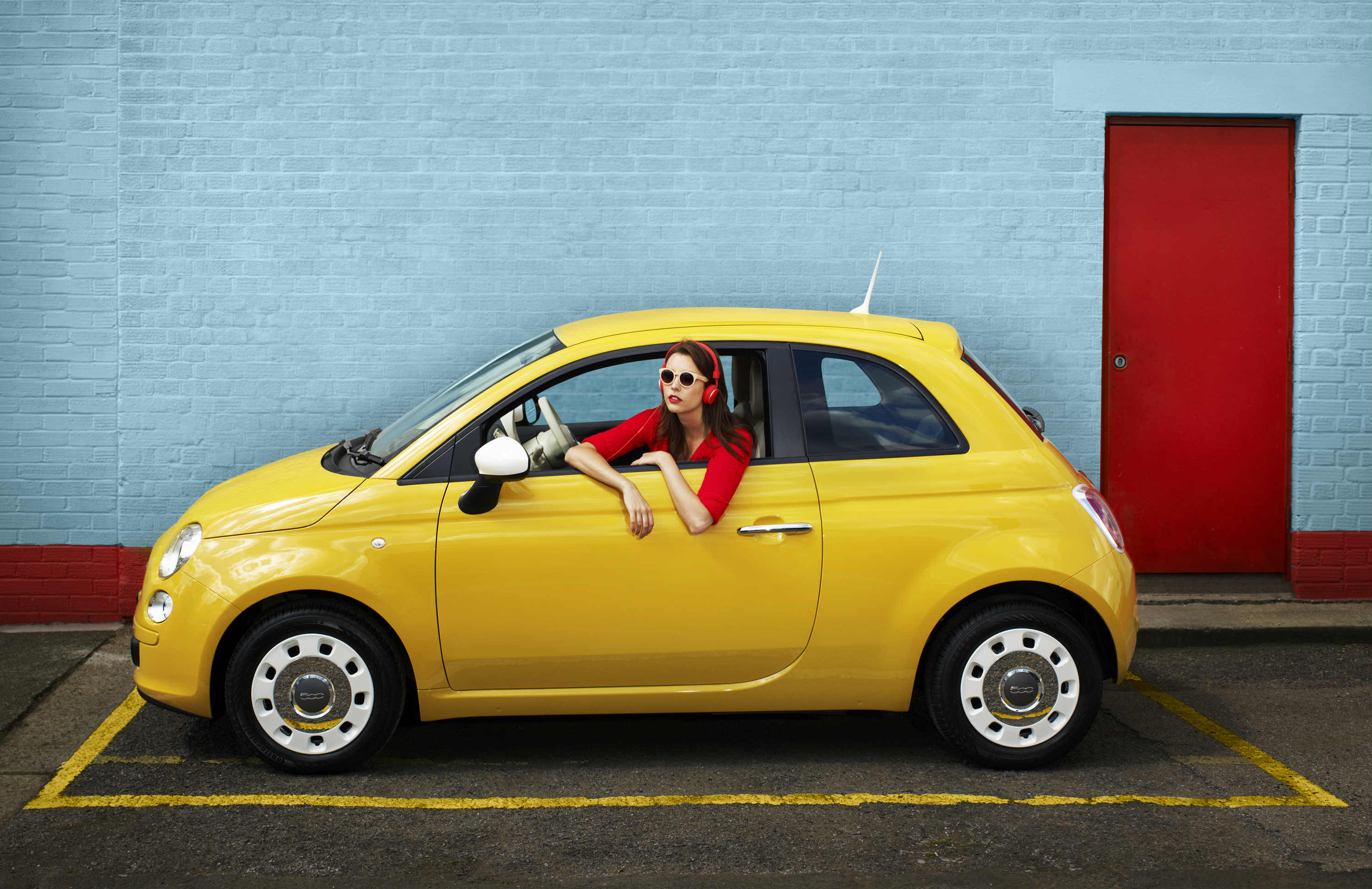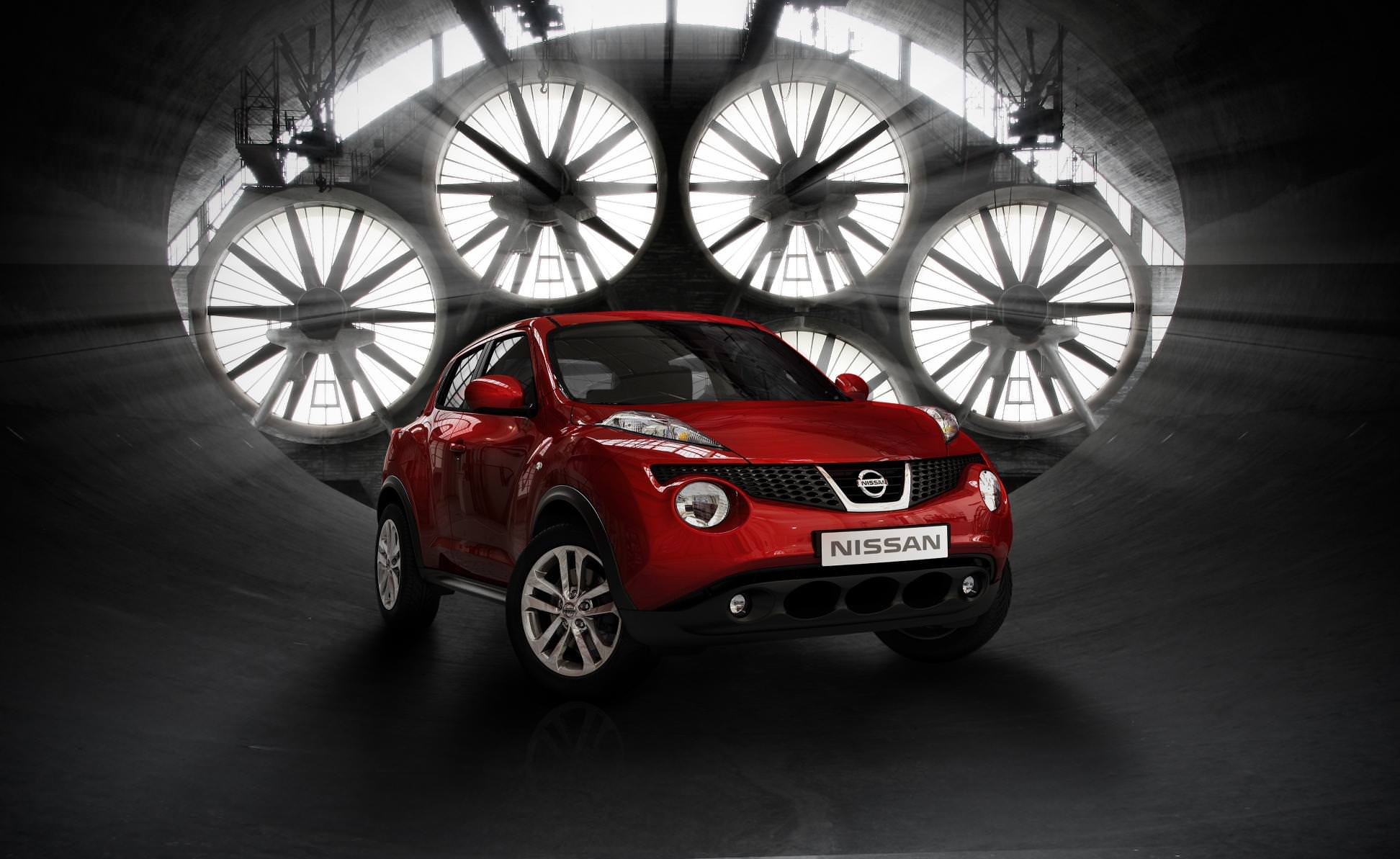What is a supercar?
Looking for a car that offers style, speed, and stands out from the crowd? Check out our quick guide to what makes a supercar

A supercar is designed to make a statement. Defined by the Oxford Dictionary as a high-performance sports car, supercar is the term typically used to describe cars that offer the very best in performance, technology, and design. Even so, what determines a supercar can be subjective and the difference between sports cars, supercars, and hypercars can be slight.
Even so, there are a few traits that car enthusiasts agree all supercars share:
Speed
If there’s one thing that all supercars have in common its speed. In fact, a supercar should impress with a blistering top speed and a rate of acceleration that puts other models to shame. While a supercar still wouldn’t win any prizes on the racetrack, it should still be able to outpace most sports cars and achieve 0-60mph in under three seconds.
Prestige
Prestige is another quality that’s hard to quantify, but it’s generally agreed that a supercar should be harder to get hold of than a sports car. Ideally, they should be produced in low volumes and could even be subject to waiting lists or a limited allocation in each region. These cars are for people who like to make an impression. Supercar designs are typically sleek, sporty, and dramatic, meaning they’re sure to turn heads!
Price
Money isn’t everything when it comes to supercars but, as a good rule of thumb, you should expect to pay at least six figures for your car to count in this category. While new sports cars can be picked up for under a hundred grand, supercars take things to the next level and have a price tag to match. Limited production runs can also push up prices even further.
Driving Experience
Driving experience can be tough to describe – every driver is different after all – but there should be a distinctive feel and sensation when you get behind the wheel of a supercar. With over 500 horsepower, they pack more of a punch than a typical sports car and can be harder to handle, although not beyond the grasp of an experienced road user. Most supercars feature a mid-engine, paddle shift, and can be rear or four-wheel drive.
What’s the difference between a sports car and a supercar?
Supercars typically occupy the middle ground between sports cars and hypercars. Many of the brands that manufacture sports can also produce supercars, including Ferrari and Porsche. However, a supercar should easily outclass a sports car in price, style, driving experience, and speed.
What’s the difference between a supercar and a hypercar?
Hypercars take the supercar to the next level. Unlike a supercar, these cars are very difficult to drive, and you’ll usually need professional training to be able to handle them. They usually also offer cutting-edge tech, styling inspired by race cars, and speeds that could be described as alarming.
What are some examples of a supercar?
There are a few cars that are universally agreed to be supercars including the Ferrari 812 Superfast, Porsche 918, McLaren 7205, Aston Martin Vantage GT12, and the Lamborghini Aventador.
 Win your car finance on us!
Win your car finance on us! 

